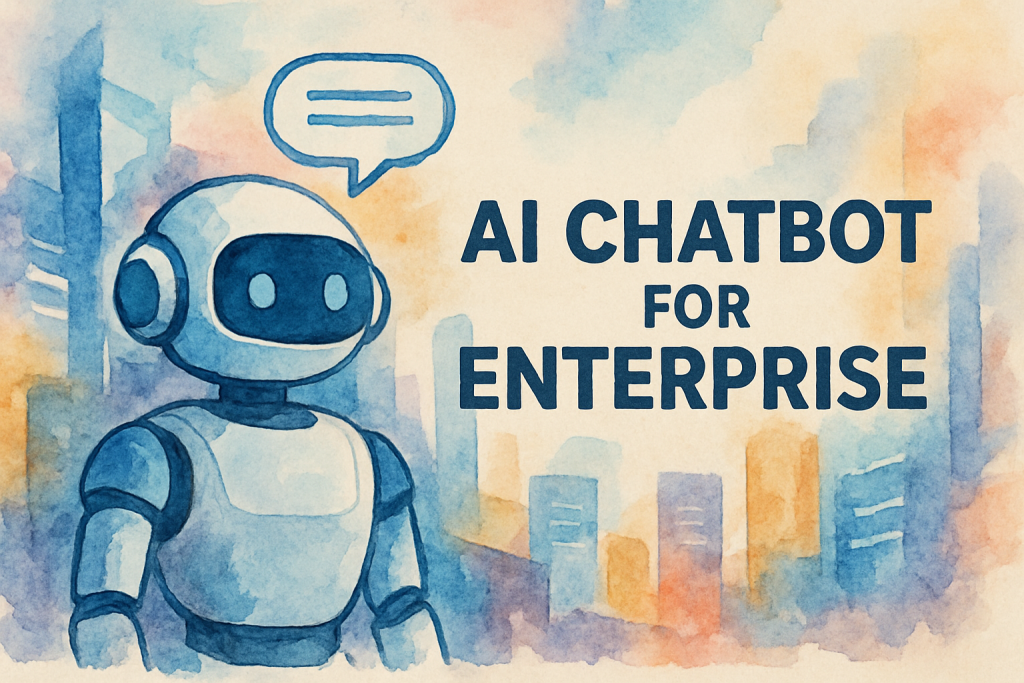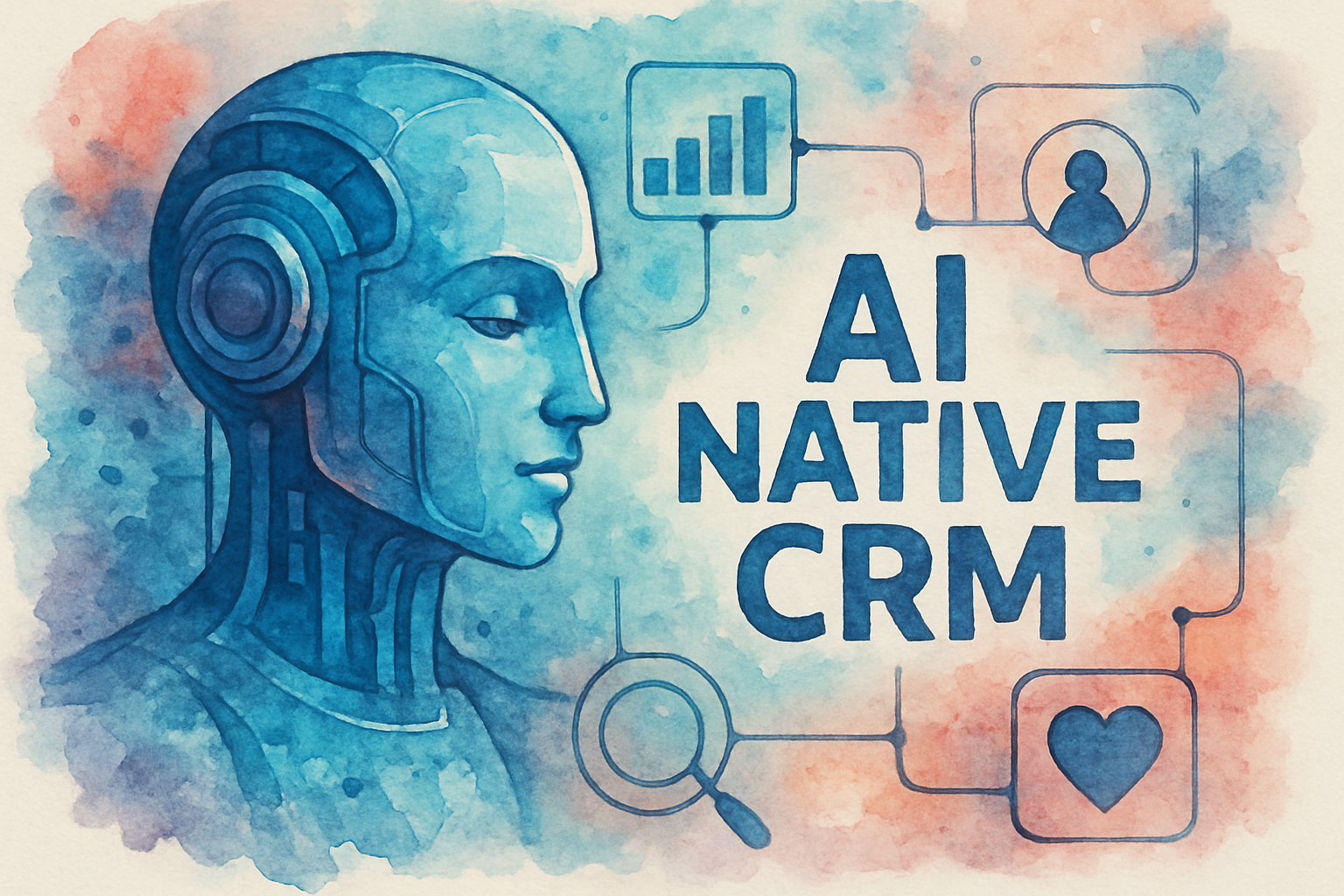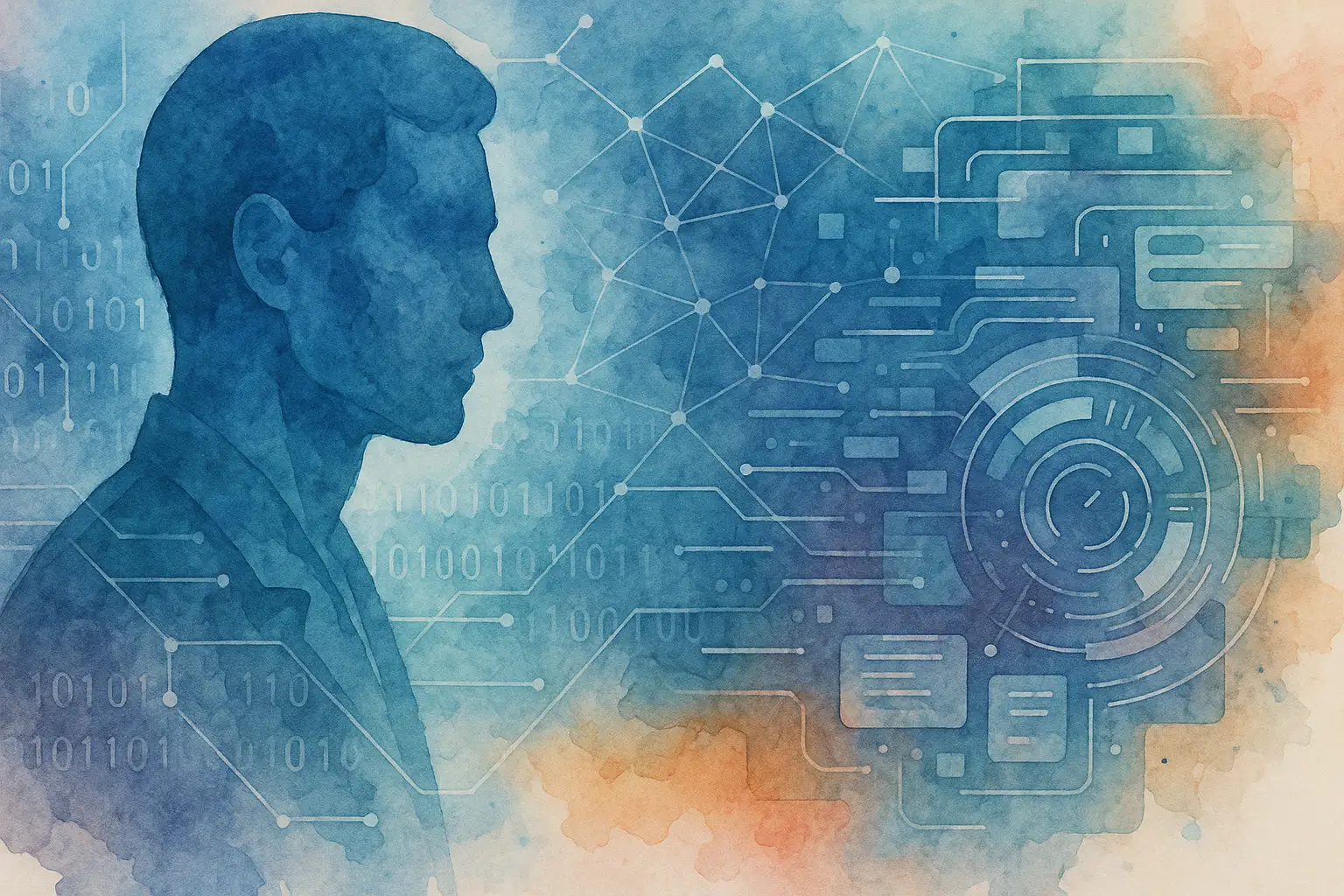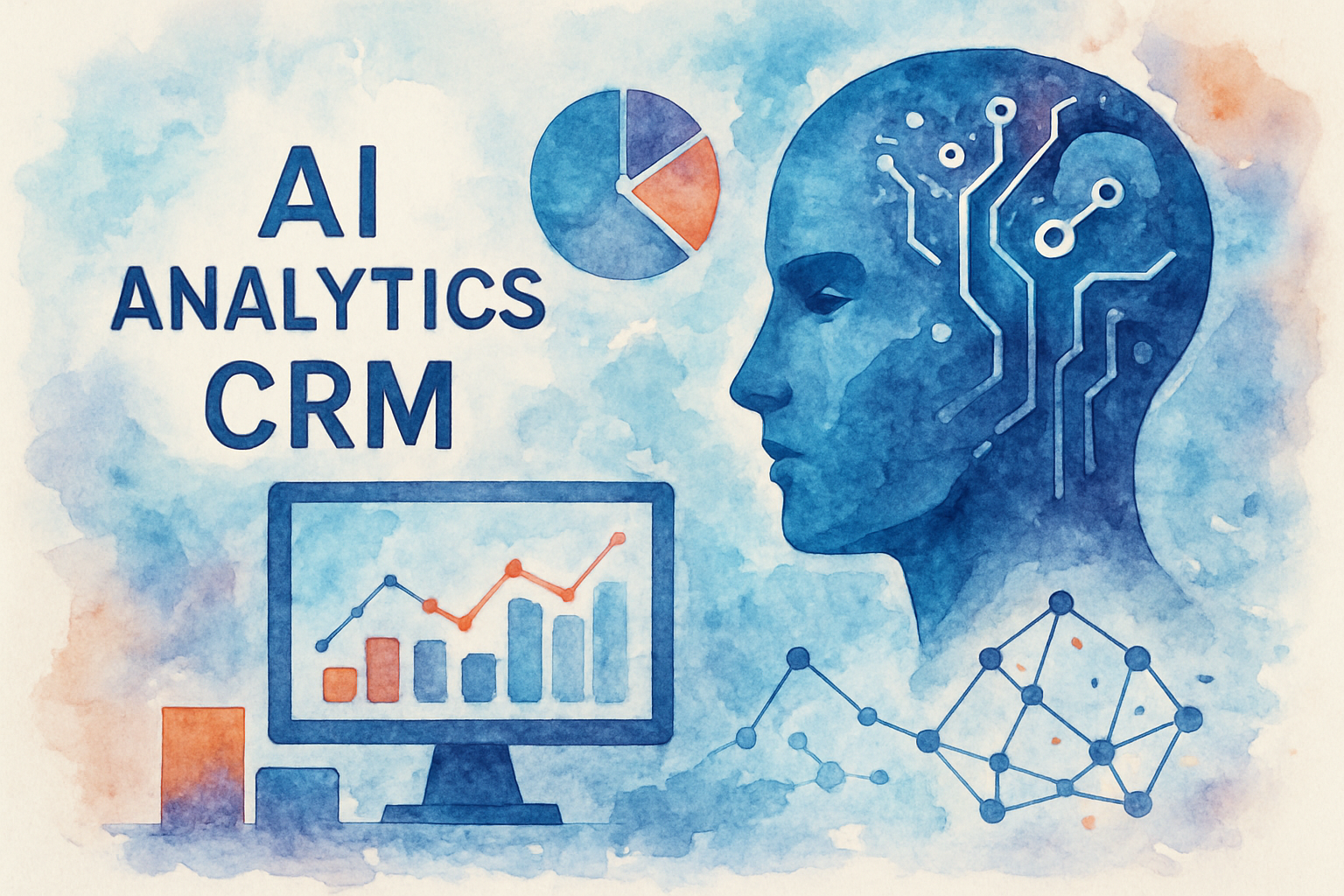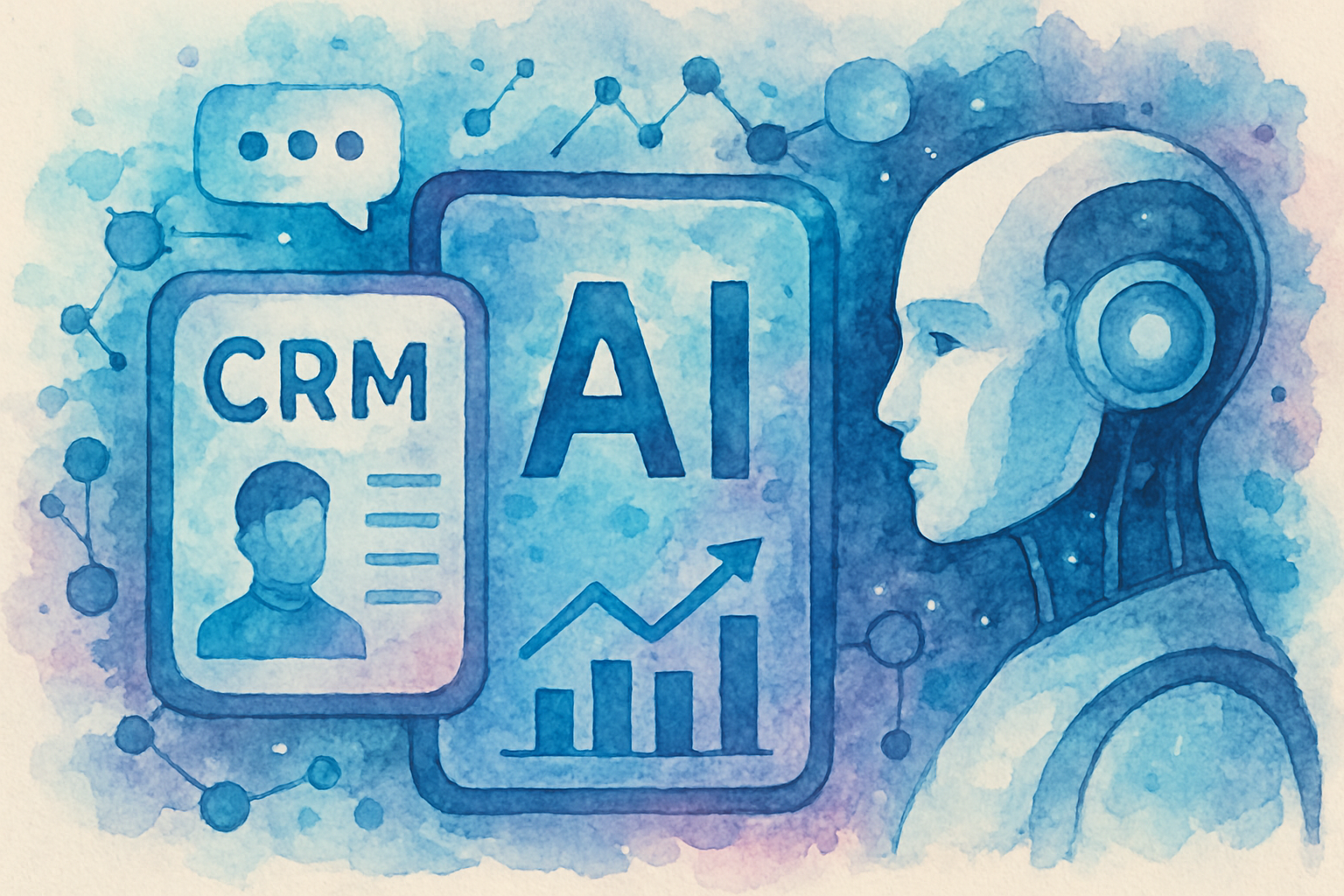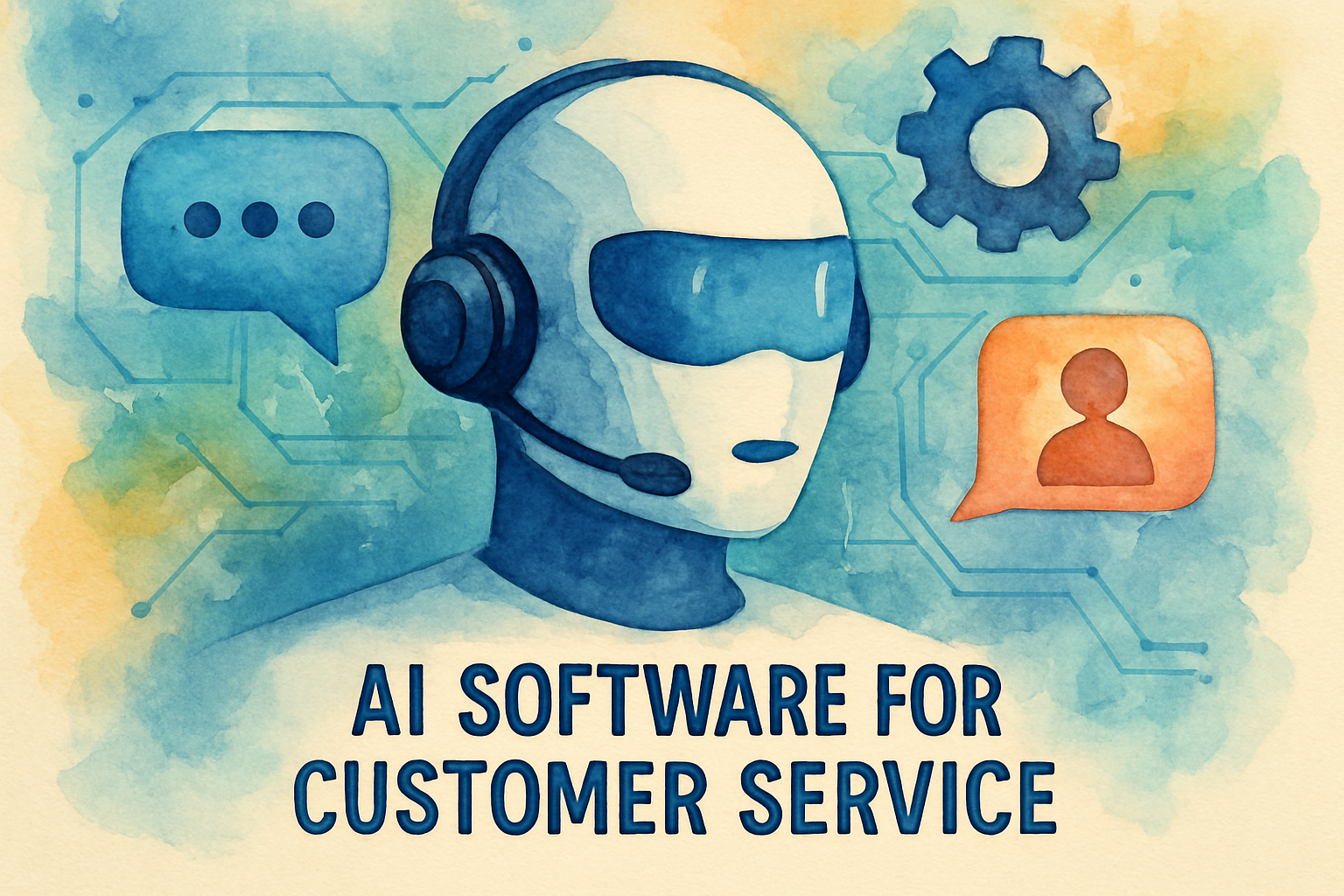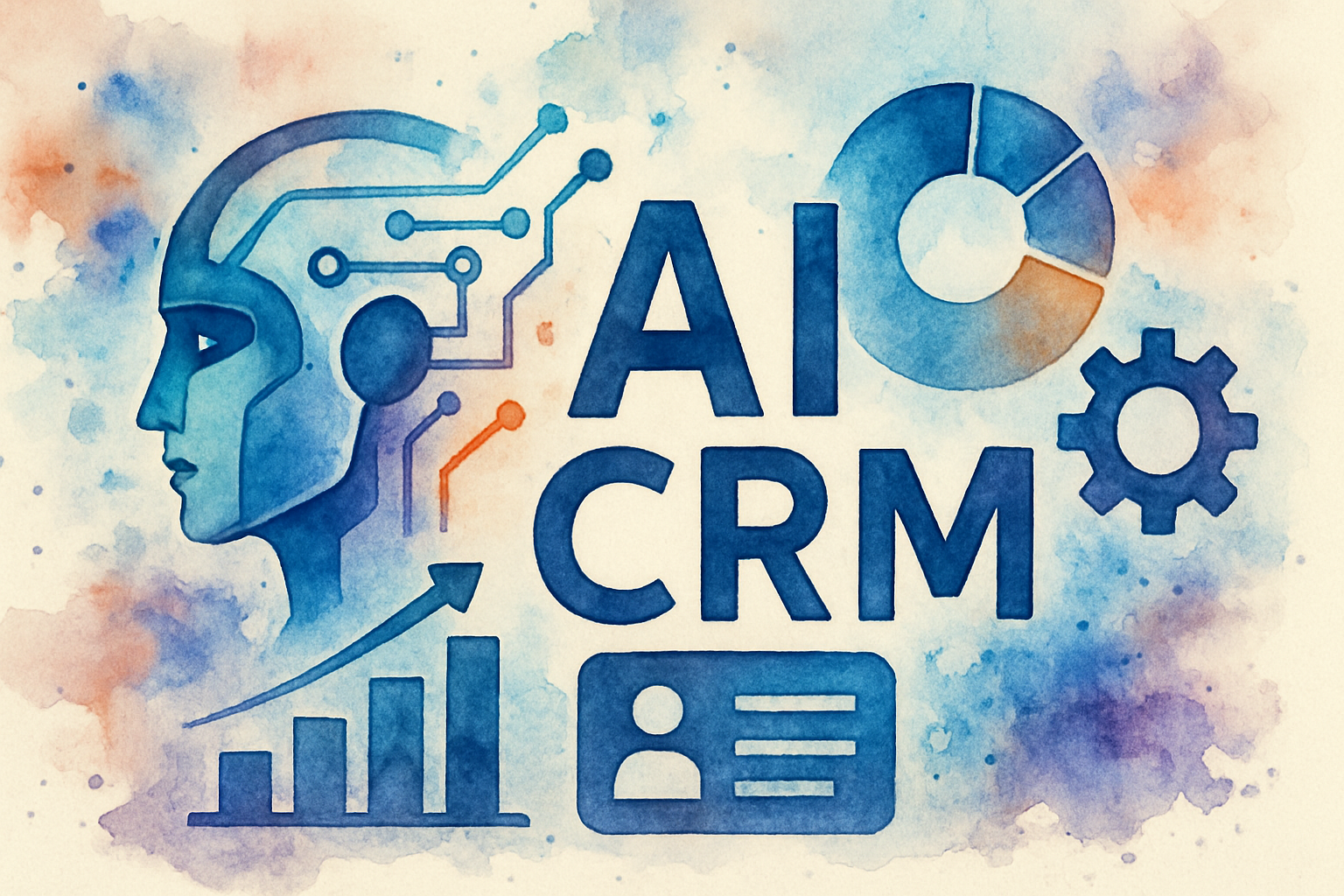AI Chatbot for Enterprise: Restructure Your Customer Service 10x More Efficient
Introduction
In today’s fast-paced digital landscape, enterprises face an ever-growing challenge: meeting customer expectations for instant, personalised service around the clock. Enter AI chatbots for enterprise—a game-changing solution that’s revolutionising customer experience and streamlining operations.
Imagine a world where your customers receive immediate, accurate responses to their queries, 24/7, without human intervention. This isn’t a distant future; it’s the present reality for forward-thinking enterprises leveraging AI chatbot technology.
In this comprehensive guide, we’ll explore the transformative power of AI chatbots for enterprise, delve into their myriad benefits, provide implementation strategies, and address common challenges. By the end, you’ll have a clear roadmap to harness this cutting-edge technology and elevate your customer experience to new heights.
The Rise of AI Chatbot for Enterprise Environments
AI chatbots for enterprise have evolved from simple rule-based systems to sophisticated, learning machines capable of understanding context, sentiment, and even humour. This rapid advancement has positioned them as indispensable tools for businesses seeking to enhance customer engagement and operational efficiency.
Defining AI Chatbots for Enterprise
AI chatbots for enterprise are intelligent conversational agents powered by artificial intelligence and machine learning algorithms. Unlike their consumer-grade counterparts, enterprise AI chatbots are designed to handle complex queries, integrate with multiple business systems, and scale to meet the demands of large organisations.
The Growing Importance of AI Chatbots
Recent statistics highlight the increasing adoption and effectiveness of AI chatbots in enterprise settings:
-
- By 2025, the global chatbot market is projected to reach $1.25 billion, with a compound annual growth rate of 24.3% (Grand View Research, 2020).
- 85% of customer interactions are expected to be handled without human agents by 2021 (Gartner).
- Chatbots can help businesses save up to 30% on customer support costs (Industry Research).
These figures underscore the transformative potential of AI chatbots for enterprise, making them a critical consideration for businesses aiming to stay competitive in the digital age.
Unleashing the Benefits of AI Chatbots for Enterprise
Implementing AI chatbots in your enterprise can yield a plethora of advantages, from enhanced customer satisfaction to significant cost savings. Let’s explore the key benefits:
1. 24/7 Customer Support
AI chatbots never sleep, ensuring round-the-clock availability for customer inquiries. This constant presence can dramatically improve customer satisfaction and loyalty, as users receive immediate assistance regardless of time zones or holidays.
2. Increased Efficiency and Cost Savings
By automating routine queries and tasks, AI chatbots free up human agents to focus on more complex issues. This increased efficiency can lead to substantial cost savings in customer service operations, with some enterprises reporting up to 30% reduction in support costs.
3. Personalised Customer Experiences
Advanced AI chatbots can analyse customer data and interaction history to provide tailored recommendations and solutions. This level of personalisation can significantly enhance the customer experience, leading to increased satisfaction and brand loyalty.
4. Scalability and Consistency
Unlike human agents, AI chatbots can handle multiple conversations simultaneously without compromising quality. This scalability ensures consistent service delivery, even during peak periods or sudden spikes in customer inquiries.
Implementing AI Chatbot for Enterprise: A Step-by-Step Guide
While the benefits of AI chatbots for enterprise are clear, successful implementation requires careful planning and execution. Follow these steps to integrate AI chatbots into your business ecosystem:
1. Define Your Objectives
Clearly outline what you aim to achieve with AI chatbots. Are you looking to improve customer service, increase sales, or streamline internal processes? Setting clear goals will guide your implementation strategy.
2. Choose the Right Platform
Select an AI chatbot platform that aligns with your business needs. Consider factors such as:
- Integration capabilities with existing systems
- Scalability
- Natural Language Processing (NLP) capabilities
- Customisation options
- Analytics and reporting features
3. Design Conversational Flows
Map out the typical conversations your chatbot will handle. Create logical, user-friendly dialogue flows that address common queries and guide users towards desired outcomes.
4. Train Your AI Chatbot for Enterprise
Feed your chatbot with relevant data, including FAQs, product information, and common customer scenarios. Continuously refine its responses based on user interactions to improve accuracy and relevance.
5. Integrate with Existing Systems
Ensure seamless integration with your CRM, knowledge base, and other relevant business systems. This integration allows the chatbot to access necessary information and provide comprehensive assistance.
6. Test and Iterate
Conduct thorough testing before launch, simulating various user scenarios. After deployment, continuously monitor performance and gather user feedback to refine and improve your AI chatbot’s capabilities.
Overcoming Challenges in AI Chatbot for Enterprise Implementation
While AI chatbot for enterprise offer numerous benefits, their implementation can present certain challenges. Here’s how to address common obstacles:
1. Maintaining the Human Touch
Challenge: Customers may feel frustrated if they perceive they’re interacting with a machine rather than a human.
Solution: Design your chatbot with a personality that aligns with your brand voice. Implement seamless handoffs to human agents for complex issues, and use empathy in responses to create a more human-like interaction.
2. Ensuring Accuracy and Relevance
Challenge: AI chatbots may sometimes provide inaccurate or irrelevant responses, leading to customer dissatisfaction.
Solution: Invest in robust Natural Language Processing (NLP) capabilities and continuously train your chatbot with up-to-date information. Implement a feedback loop to learn from mistakes and improve responses over time.
3. Data Privacy and Security Concerns
Challenge: Handling sensitive customer data through AI chatbots raises privacy and security concerns.
Solution: Implement strong data encryption, comply with relevant regulations (e.g., GDPR), and be transparent about data usage policies. Regularly audit your chatbot’s security measures to ensure ongoing protection.
Conclusion
AI chatbots for enterprise represent a paradigm shift in customer service and business operations. By providing 24/7 support, personalised experiences, and increased efficiency, they offer a competitive edge in today’s digital-first business landscape.
As we’ve explored, implementing AI chatbots requires careful planning, the right technology choices, and ongoing refinement. However, the benefits—from cost savings to enhanced customer satisfaction—make it a worthwhile investment for forward-thinking enterprises.
Are you ready to revolutionise your customer experience with AI chatbots? The future of enterprise customer service is here, and it’s powered by artificial intelligence. Don’t get left behind in the race for customer loyalty and operational excellence.
Take the first step towards transforming your enterprise with AI chatbots. Contact The Crunch today to schedule your free consultation and discover how we can tailor an AI chatbot solution to meet your unique business needs.

